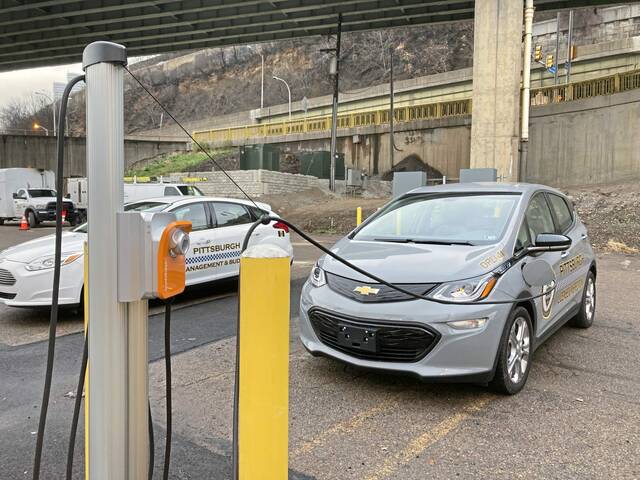The automobile industry has been evolving at an unprecedented pace in recent years. Technology has played a pivotal role in reshaping the landscape of modern car design. From electric vehicles (EVs) to advanced safety features and innovative materials, technology has left an indelible mark on how cars are conceptualized, designed, and manufactured. In this article, we will explore the profound impact of technology on modern car design and how it has revolutionized our driving experiences.
The Shift Towards Electric Vehicles (EVs)
One of the most significant technological advancements in modern car design is the emergence of electric vehicles. EVs have not only transformed the way we drive but have also ushered in a new era of sustainability. With the growing concerns about environmental issues and the need to reduce carbon emissions, electric vehicles have become a driving force behind modern car design.
Electric cars are equipped with lithium-ion batteries and electric motors, which eliminate the need for traditional internal combustion engines. This innovation has not only reduced our reliance on fossil fuels but has also led to cleaner and quieter transportation. Manufacturers like Tesla, Nissan, and Chevrolet have been at the forefront of EV technology, pushing the boundaries of design and performance.
The design of electric vehicles has been influenced by the need to maximize aerodynamics for extended battery life and efficiency. Sleek, futuristic exteriors have become synonymous with EVs, and the absence of traditional grilles and tailpipes has given designers greater freedom to create visually stunning vehicles. The integration of cutting-edge technology in electric cars, such as autonomous driving capabilities and advanced infotainment systems, has revolutionized the interior design as well.
Advanced Safety Features
Technology has made driving safer than ever before. Modern cars are equipped with advanced safety features that have become integral to their design. These features use sensors, cameras, and artificial intelligence to enhance driver and passenger safety. Some of the key safety innovations include:
1. Adaptive Cruise Control (ACC):
ACC uses sensors and radar to maintain a safe following distance between your car and the vehicle in front of you. It can adjust your car’s speed to match the flow of traffic, reducing the risk of rear-end collisions.
2. Lane-Keeping Assist:
This feature uses cameras to monitor your car’s position within the lane and gently steers the vehicle back if it starts to drift, reducing the likelihood of lane departure accidents.
3. Automatic Emergency Braking (AEB):
AEB uses sensors to detect an imminent collision and automatically applies the brakes if the driver doesn’t respond in time. This can prevent or mitigate accidents and save lives.
4. Blind Spot Monitoring:
Using radar or cameras, this feature alerts the driver to vehicles in their blind spots, reducing the risk of lane-change collisions.
These advanced safety features have not only improved road safety but have also influenced car design. Vehicle exteriors and interiors are now designed to accommodate the placement of sensors and cameras while maintaining an aesthetic appeal.

Innovative Materials and Manufacturing Techniques
Technology has also brought about innovations in materials and manufacturing processes. Lightweight materials such as carbon fiber, aluminum, and high-strength steel are increasingly used in car design to reduce weight and improve fuel efficiency. These materials are not only strong but also contribute to better handling and crash safety.
Additionally, 3D printing and other advanced manufacturing techniques are changing the way cars are built. These methods allow for more precise and customizable components, leading to greater design flexibility. Car manufacturers can now experiment with intricate designs and shapes that were previously impossible to achieve with traditional manufacturing methods.
The Future of Modern Car Design
As technology continues to advance, the future of modern car design looks even more promising. The integration of artificial intelligence and machine learning will enable cars to adapt to the driver’s preferences and driving habits. The concept of self-driving cars is not far from reality, and it will undoubtedly reshape the design of vehicles as we know them.
Moreover, the electric vehicle market is set to expand further, and with it, we can expect even more innovative and striking designs. Battery technology is improving rapidly, allowing for longer driving ranges and faster charging times, which will influence the design and functionality of electric cars. Come and visit http://www.xke-lovers.com/ to get more important information about automobiles.
In conclusion, the impact of technology on modern car design has been profound and transformative. From the shift towards electric vehicles to the integration of advanced safety features and innovative materials, technology has revolutionized the automotive industry. As we look ahead, the future of car design promises to be even more exciting, with continued advancements that will reshape the way we drive and the vehicles we drive.











